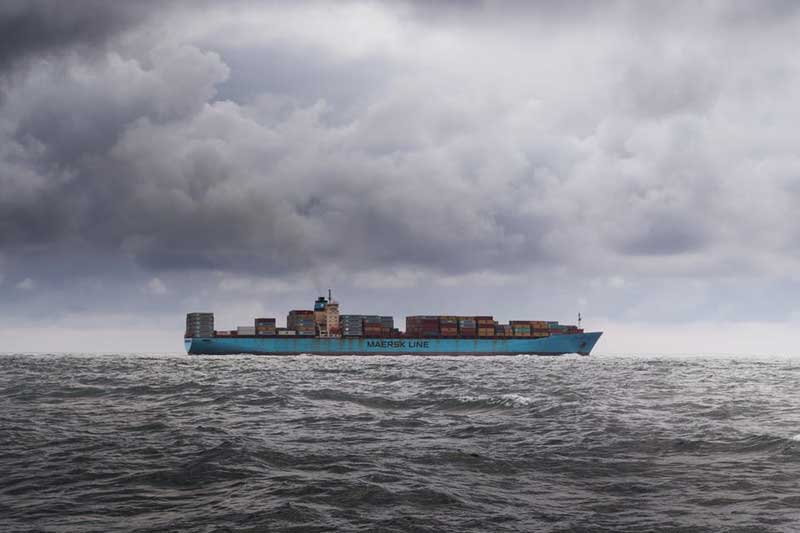
403
Sorry!!
Error! We're sorry, but the page you were looking for doesn't exist.
Decline in Suez Canal traffic spurs increase in Cape of Good Hope usage amid regional tensions
(MENAFN) Over the past six months, there has been a significant decline in the number of vessels traversing the Suez Canal, with a corresponding increase in traffic through the Cape of Good Hope, according to data compiled by a Turkish news agency from MarineTraffic. This shift in maritime trade dynamics can be attributed to ongoing political tensions in the region, particularly since the escalation of attacks by Yemen's Houthis on vessels in the Red Sea, particularly those linked to Israel in response to the Gaza conflict.
As a result of these developments, many shipping companies that traditionally utilized the Suez Canal – a crucial maritime route connecting Asia and Europe, accounting for approximately 15 percent of global maritime trade volume – have opted to reroute their vessels through the longer Cape of Good Hope route in South Africa. This strategic decision was made to navigate around the heightened risks and uncertainties associated with the Red Sea region.
Tom Stainer, a sales manager at UK-based logistics company Westbound Logistics Services, explained that many shipping lines implemented interim services to address the situation, initially considering it a temporary measure. However, the prolonged nature of the tensions has led to a sustained shift in shipping routes.
The data reveals a notable decrease in vessel passages through the Suez Canal, with the total number of commercial vessels, including various types such as containerships, LNG and LPG carriers, dry bulk carriers, and others, declining significantly from November to March. For example, the number of vessels dropped from 1,094 in November to 159 in March, representing an 85 percent reduction in traffic during this period.
"The decline was caused by a disruption in shipping due to tensions in the Red Sea," Hala El-Saeed, speaking at the World Economic Forum in Riyadh, Saudi Arabia.
As a result of these developments, many shipping companies that traditionally utilized the Suez Canal – a crucial maritime route connecting Asia and Europe, accounting for approximately 15 percent of global maritime trade volume – have opted to reroute their vessels through the longer Cape of Good Hope route in South Africa. This strategic decision was made to navigate around the heightened risks and uncertainties associated with the Red Sea region.
Tom Stainer, a sales manager at UK-based logistics company Westbound Logistics Services, explained that many shipping lines implemented interim services to address the situation, initially considering it a temporary measure. However, the prolonged nature of the tensions has led to a sustained shift in shipping routes.
The data reveals a notable decrease in vessel passages through the Suez Canal, with the total number of commercial vessels, including various types such as containerships, LNG and LPG carriers, dry bulk carriers, and others, declining significantly from November to March. For example, the number of vessels dropped from 1,094 in November to 159 in March, representing an 85 percent reduction in traffic during this period.
"The decline was caused by a disruption in shipping due to tensions in the Red Sea," Hala El-Saeed, speaking at the World Economic Forum in Riyadh, Saudi Arabia.

Legal Disclaimer:
MENAFN provides the
information “as is” without warranty of any kind. We do not accept
any responsibility or liability for the accuracy, content, images,
videos, licenses, completeness, legality, or reliability of the information
contained in this article. If you have any complaints or copyright
issues related to this article, kindly contact the provider above.

















Comments
No comment